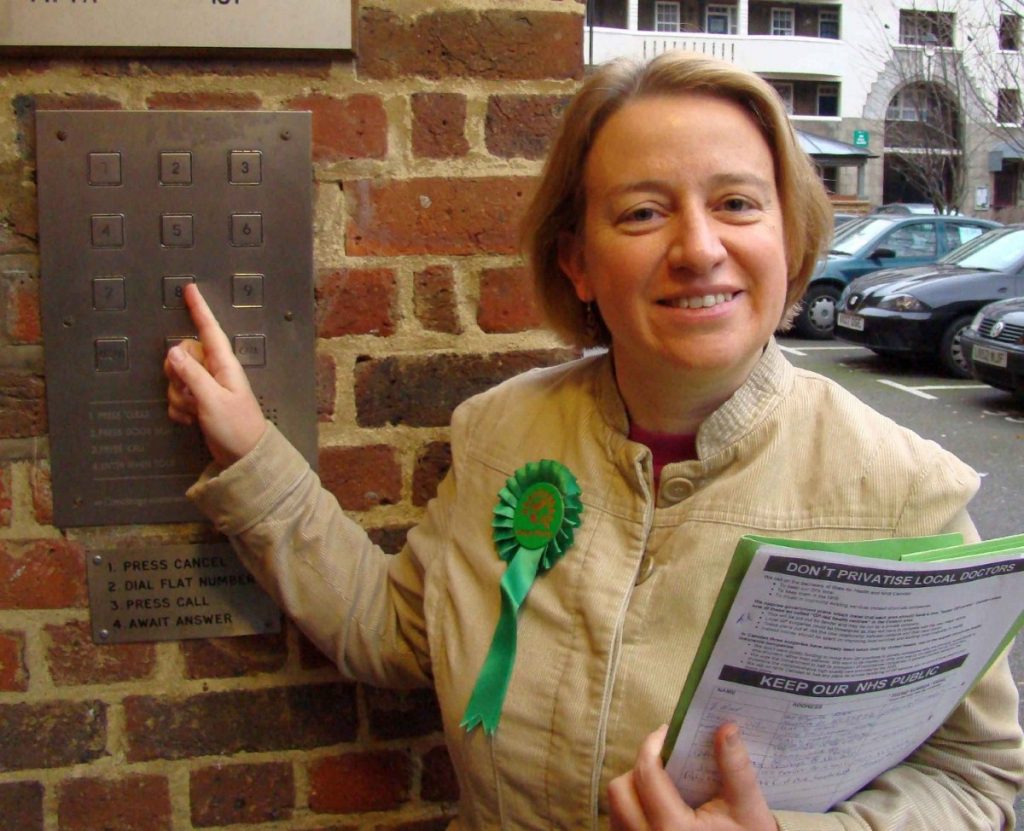Guardian editor looks to turn Green party into radical Syriza
A former Guardian journalist has been elected leader of the Green party, as the organisation tries to replicate the performance of the far-left Syriza party in Greece.
Natalie Bennett was editor of the Guardian Weekly between 2007 and March 2012 and previously contributed to the Times and the Independent.
Speaking about her intentions as leader, the self-proclaimed feminist said she planned to use the eurozone crisis as an oppourtunity to boost the role of fringe parties in mainstream politics.
"Britain, Europe, and the world, are experiencing troubled economic, environmental and political times," she said.


"In Greece, a radical party, Syriza, has gone in less than a decade from being a tiny political voice to being the second-biggest party in parliament. We can expect large changes in the political landscape, large political opportunities, in the coming years.
"We need to raise our expectations to meet these challenges."
Bennet's election raises questions about the effectiveness of the Green party's sex equality rules, which insist on a gender divide between the deputy leadership and leadership roles as a way to boost the prominence of women in the party.
As soon as Bennet won, deputy leadership candidates Caroline Allen and Alexandra Phillips were dropped from the race in favour of their male colleagues, preventing the party from having an all-female leadership.
Other contenders for the top job included Peter Cranie, a social care lecturer; Romayne Phoenix, an art teacher, activist and local councillor; and Pippa Bartolotti, Green leader in Wales and businesswoman.
After two redistributions of votes under the party's PR system, Bennett won 1,757 votes to Cranie's 1,204.
The new leader will be expected to build on the Green's impressive momentum from recent years. Outgoing leader Caroline Lucas doubled membership and became the first of the party's members to become an MP when she won Brighton Pavilion.
The party also beat the Liberal Democrats to come third in the London mayoral election, under candidate Jenny Jones.
The party struggles nationally because its support is not locally concentrated in any particular region, making it difficult for it to win individual seats despite an impressive proportion of the national vote.
It will be looking to defend its wins in London and South-East while branching out into the north-west.









